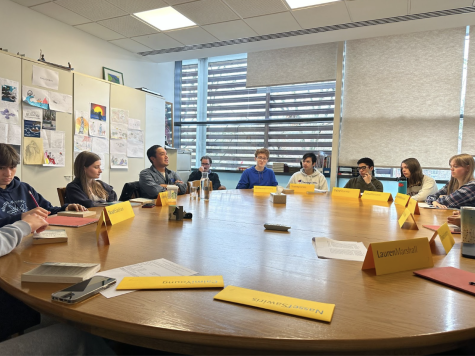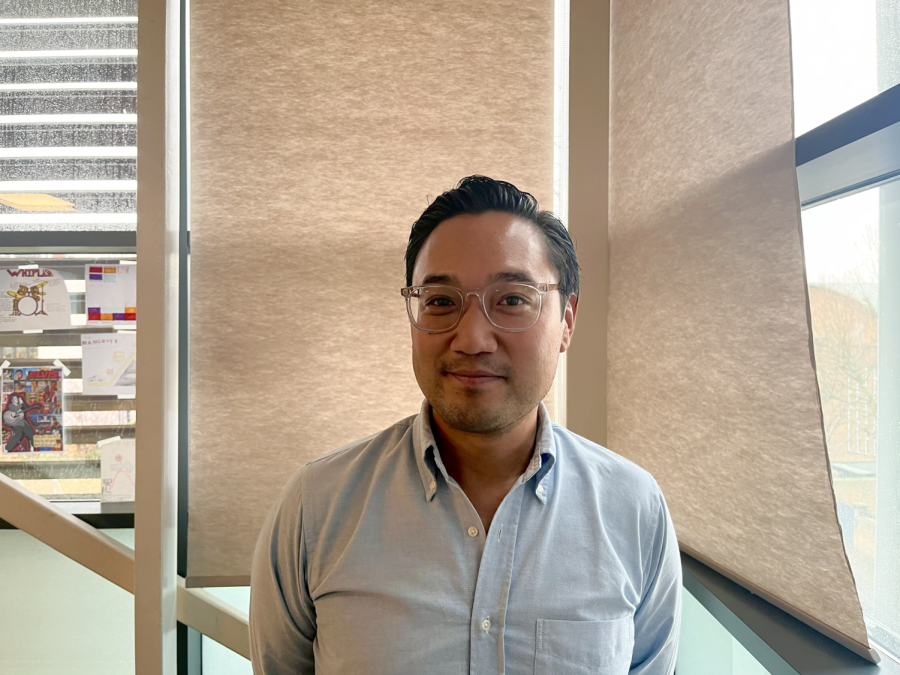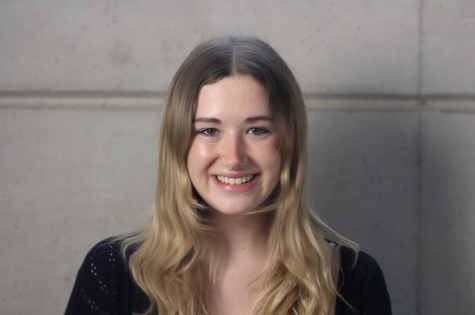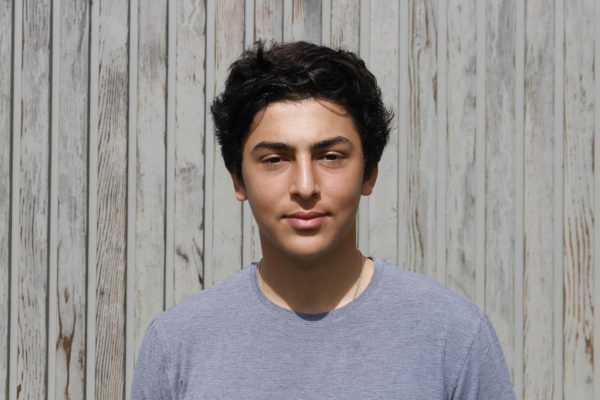When Bergeron Fellow Paul Yoon was young, his best friend was his bicycle.
“My childhood memories are of constant movement,” he said. “Wherever we moved to, I always had my bicycle. It let me be free around the neighborhood and explore.”
Yoon’s bicycle unlocked “imaginary worlds.” Enveloped by an ever-changing landscape and solitary with his thoughts atop those two wheels, his imagination flourished. Now, he spends many hours each day hoping to unfurl imaginary worlds for the creative writing students he mentors at Harvard University.
Rootless origins
Yoon’s “rootlessness” fed his writing.
“All of my characters are travelers one way or another,” he said. “That feeling of trying to find a home and feel settled but never quite achieving that is one that resonates.”
Little changed since Yoon’s childhood, mirrored in both his personal life and his writing.
“To this day, I’m a little restless,” he said. “I still like to travel every few years. It’s ingrained in me.”
College path
Yoon attended Wesleyan University in Connecticut, where his four-year experience stacked neatly into an infinite pile of books.
“I read,” he said. “That was my college experience. I read books. We were able to take these amazing classes that just spanned everything. You could take a Russian Lit class or a German Lit class, so they were place-specific. I really felt like I was getting a global education.”
By then, Yoon had his mind set on becoming a writer. Each sunset marked the beginning of Yoon’s hours of writing late into the darkness.
“It was super productive for me to be constantly reading but writing at night as well, writing my own stuff,” he said.
Engaging with students
Yoon said aside from coaching students in creative writing, his work as a Senior Lecturer for Harvard’s Department of English entails “a lot of flailing around, stumbling, making mistakes” and uncertainty about whether he is “doing anything of use.”

Yoon said his students are characterized by their “generosity of spirit” and undiminishing vigor for every facet of the writing process.
“These are people who are in the class because they really want to engage with the process of writing, the imagination and the craft of creating a narrative,” he said. “The best part is they give 200% – always. You hit the ground running. The bar is really high.”
Yoon said he often questions his purpose as a teacher, but the beauty of gathering “in a room together, just trying to figure stuff out together” trumps any doubt.
“I feel like I don’t know anything – like a fraud putting on a teacher hat,” he said. “I have generous students who trust me, so it becomes less about teaching and more about being part of a community for a semester.”
Writing as a canvas
For Yoon, writing is altogether “just hard.”
“Feeling that difficulty and trying to solve a puzzle or being lost in a maze, that feeling can be challenging,” he said.
Consequently, Yoon said imposter syndrome – an inability to believe that his success is deserved – pervades his work, imbuing uncertainty about the value of texts released to the public.
“I’m never really certain about whether what I put out there is of worth,” he said. “It fills me with doubt. What, of all the books and writers out there, do I have to contribute?”
Likewise, Yoon said questioning his worth as an author almost paradoxically undergirds his personal fulfillment.
“When you figure out the answer to that, it’s really magical,” he said. “The harder it is, the more beautiful it becomes when you find that light.”
The harder it is, the more beautiful it becomes when you find that light.
Every time Yoon finishes a draft, in all its “messy and insane glory,” he is the “happiest [he] will ever be.”
“The editing process, revising draft after draft, building something, burning it and then building it again, all the stuff that comes after the first draft is beautiful,” he said. “The process is just lovely to me, but it’s that first step of the draft when you’ve made it to the finish line in some capacity.”
Yoon said the “magic” of writing has been preserved from his days as a young author.
“That feeling from when I first started writing, when I was 17, has always stayed the same to me,” he said.
Yoon said the beauty of fiction writing is being able to engage “in dialogue and communicate with the books” he loves. Or, at least he relishes “sending them a wave from across the room” in the “great house party that is all the wonderful books out there.”
“I was a reader first and foremost – I am a reader first and foremost – and there’s a lot of great work out there that I love and inspires me,” he said. “To be able to have work out there in this imaginary place where they’re all together is an amazing thing, whether it’s in a bookshop or a library or just in my mind.”
That feeling from when I first started writing has always stayed the same to me.
Yoon is a visual thinker. Or, as he equates it, perhaps a “failed painter.”
“If I’ve got an image, I want to be in that image for a while,” he said. “I want to stay in that canvas as if it were a painting. It’s about exploring that canvas, finding a corner in it and simply painting, maybe adding lots of layers of color.”
Bergeron Fellowship
As part of the Bergeron Fellowship, Yoon engaged with a range of English 10 classes, with a palpable “joy” among students that was “really inspiring” and “moving.”
“Everyone I’ve met carried with them really beautiful energy,” he said. “Everyone just seems game. Even if they’ll never write another thing again or aren’t really interested in pursuing any of this, everyone was inquisitive.”
Yoon said he hopes the students with whom he met “pick up a book” of their own volition down the line.
I hope something I said lingers in them for a long time.
“I hope something I said lingers in them for a long time in a way that maybe helps them in life no matter what path they end up going down,” he said.
Yoon said aspiring writers must be generous, open-minded and all-encompassing with their reading.
“No one is ever going to force you to do this,” he said. “Even if you go to a graduate program, sure, you’ll have deadlines, but when you go into the ‘real world,’ nobody is looking over your shoulder. It’s up to you.”
Yoon urges students to “never lose their passion,” albeit the inevitable flailing, stumbling and mistakes along the way.







